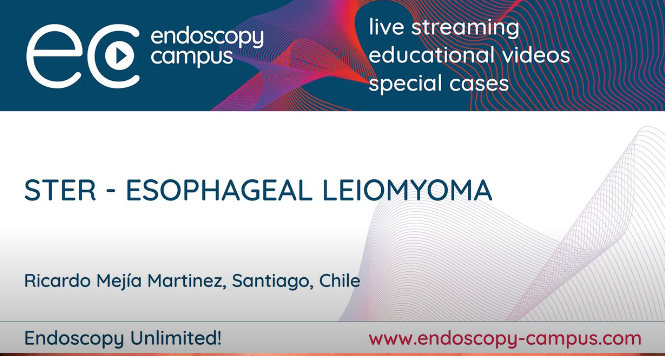Achalasia Patients at Increased Risk for Esophageal Cancer
Prateek Sharma, MD, FASGE, reviewing Zagari RM, et al. Am J Gastroenterol 2020 Oct 1.
Achalasia can cause food retention, leading to bacterial overgrowth, irritation, and chronic inflammation, a proposed pathophysiological process that may lead to squamous cell carcinoma (SCC). On the other hand, treatments for achalasia, including myotomy or dilation, can lead to GERD in 10% to 30% of patients. In turn, this can predispose patients to Barrett’s esophagus (BE), the precursor disease to esophageal adenocarcinoma (EAC). The aim of this long-term cohort study was to assess the risk of both squamous cell carcinoma and adenocarcinoma of the esophagus in patients with achalasia.
In a single-center study in northern Italy, 566 patients (mean age, 48.1 years; 46% male) diagnosed with primary achalasia between January 1973 and December 2018 were followed for an average of 15.5 years following diagnosis. Of these, 450 (79.5%) patients underwent surgical myotomy with or without previous pneumatic dilation, 86 (15.2%) were treated with pneumatic dilation, and 30 (5.3%) were treated with oral medications. Upper endoscopy was performed at 1, 3, and 5 years after treatment and every 3 years thereafter. Random biopsy specimens were obtained in a 4-quadrant fashion every 3 cm above the gastroesophageal junction as well as from any suspicious lesions. Twenty patients developed esophageal cancer (SCC, 15; EAC, 5), providing an annual incidence rate of 0.24% (SCC, 0.18%; EAC, 0.06%). All 20 patients had been treated with surgical myotomy. The overall risk of esophageal cancer (both SCC and EAC) was significantly greater in patients with achalasia than the general population (standardized incidence ratio, 104.2; 95% confidence interval, 63.7-161).

COMMENTPatients with achalasia have a significantly higher risk for esophageal cancer (both SCC and EAC) compared to the general population. The annual risk for cancer development is still low (0.24%), with the risk being higher in men compared to women. With increasing use of minimally invasive therapies for the treatment of achalasia, concerns for future development of BE and cancer may be real.
Note to readers: At the time we reviewed this paper, its publisher noted that it was not in final form and that subsequent changes might be made.
CITATION(S)
Zagari RM, Marasco G, Tassi V, et al. Risk of squamous cell carcinoma and adenocarcinoma of the esophagus in patients with achalasia: a long-term prospective cohort study in Italy. Am J Gastroenterol 2020 Oct 1. (Epub ahead of print) (https://doi.org/10.14309/ajg.0000000000000955)


